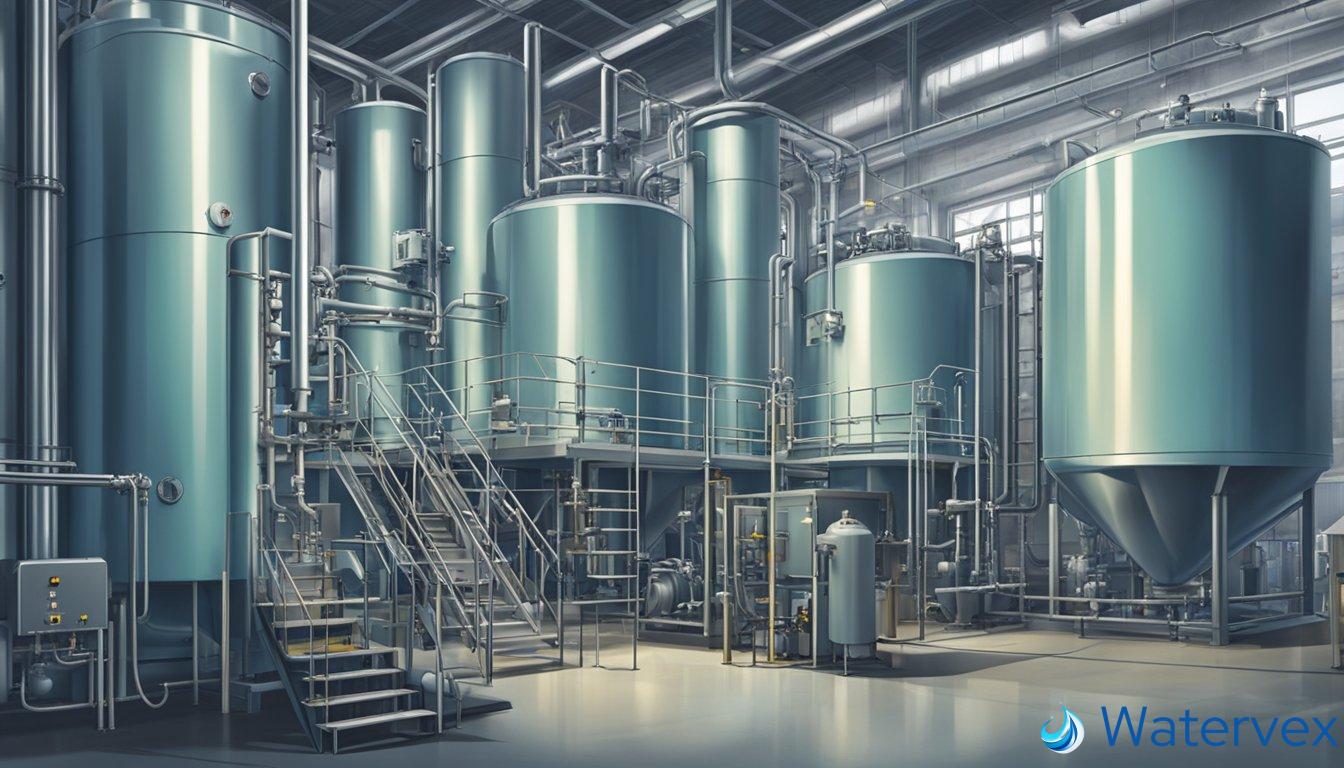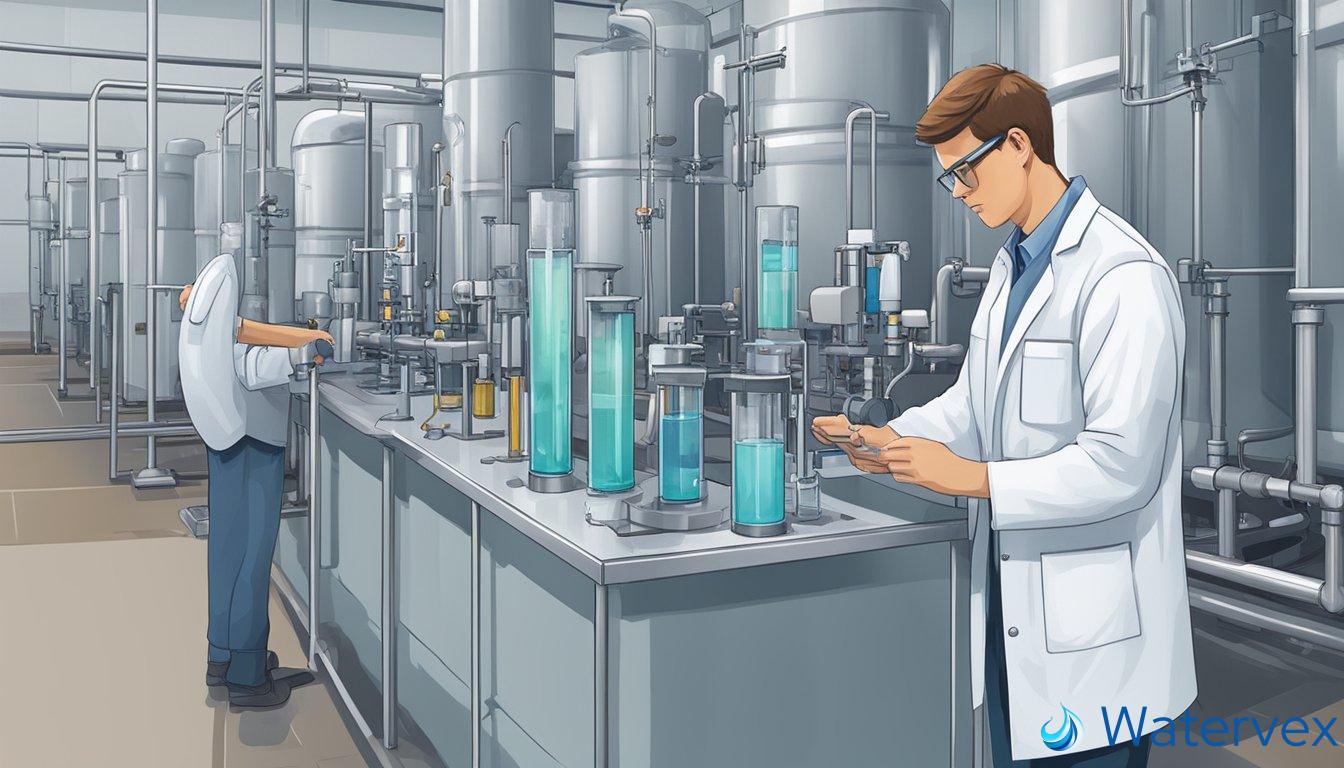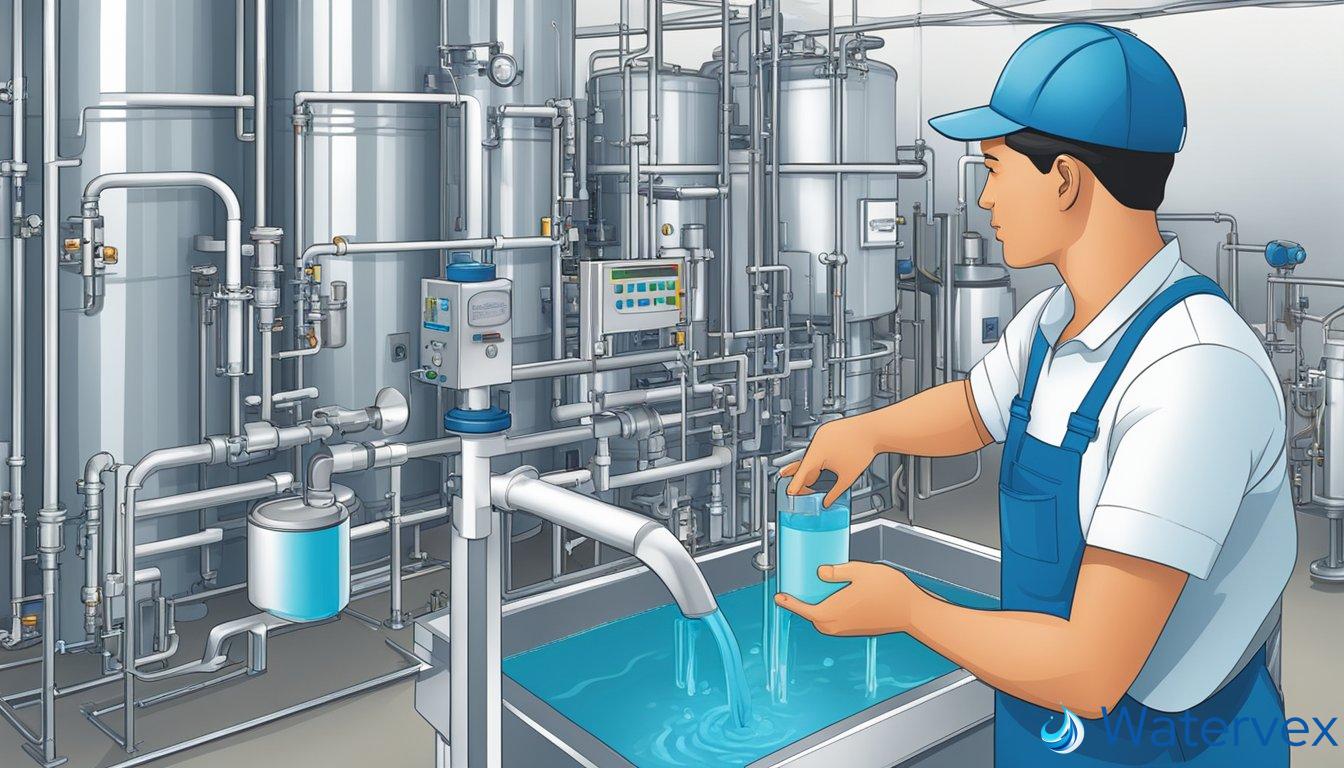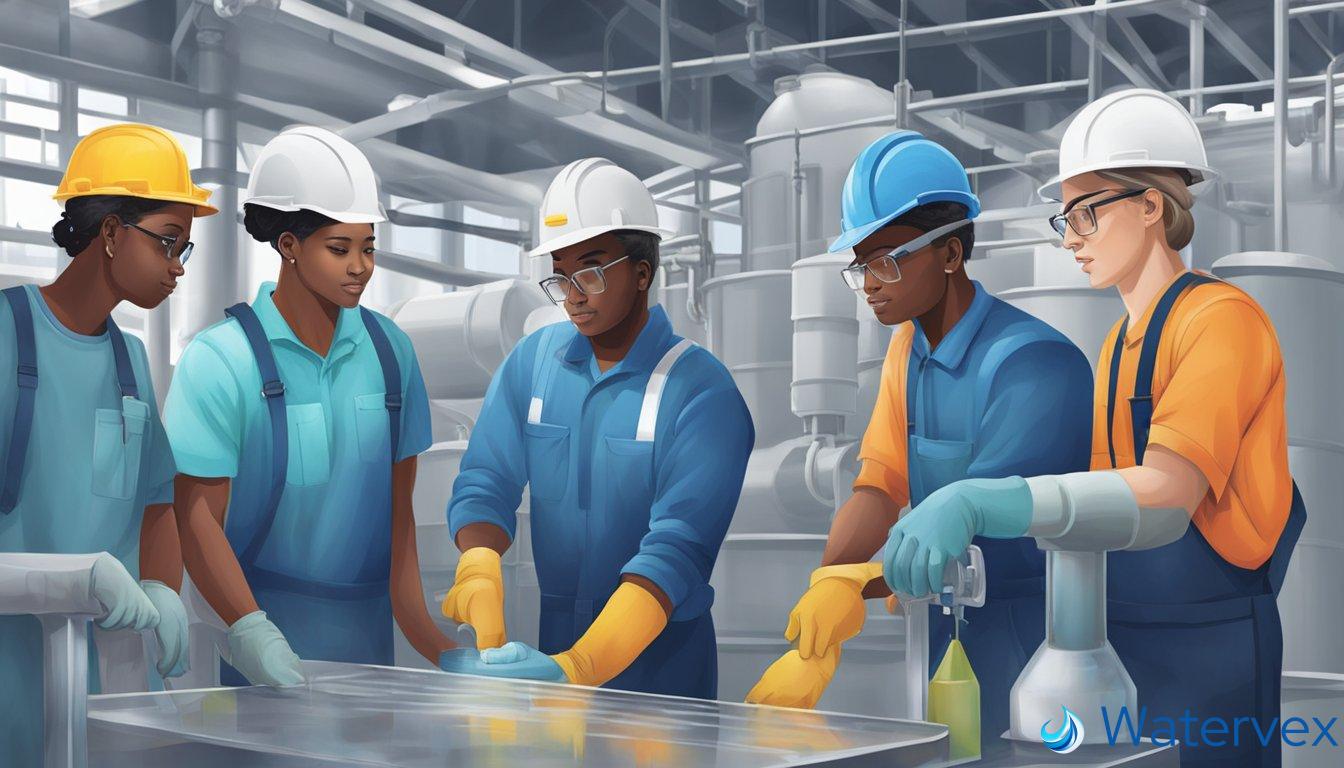Water treatment apprenticeship programs play a crucial role in ensuring communities have access to clean, safe drinking water. As an apprentice, you will learn the ins and outs of water and wastewater treatment under the guidance of experienced professionals. The water industry is essential to public health and environmental protection, making your role as an apprentice not just a job, but a vital service to society. These programs, often spanning around two years, combine classroom instruction with hands-on experience, covering a broad range of skills necessary for a successful career in water treatment.

Entering a water treatment apprenticeship is a practical way to start a career in water conditioning. With the guidance of organizations like the National Rural Water Association, prospective apprentices can find the right program to develop the specialized skills required in the industry. As the need for knowledgeable water treatment professionals grows, the diversity and inclusion in this field become ever more important. This ensures a wide array of perspectives come together to tackle the challenges in providing and maintaining safe drinking water.
Key Takeaways
- Apprenticeships provide essential skills for water treatment careers.
- Hands-on training ensures apprentices are prepared for industry challenges.
- Diversity in the water industry enhances problem-solving and public service.
What Is a Water Treatment Apprenticeship?
A water treatment apprenticeship is an intensive, hands-on career training program designed to prepare you for work in the water industry. It combines on-the-job training with classroom instruction, providing practical experiences in water operation and maintenance.
In these apprenticeships, you’ll learn under the guidance of seasoned professionals. They offer a balance of technical instruction regarding water systems, complemented by related instruction that unpacks the complexities of maintaining and operating water treatment facilities.
The structure of the training typically involves:
- Practical, on-site work where apprentices are paid to learn through doing.
- Classroom lessons for a well-rounded understanding of the theory behind the practice.
These programs are often established under the guidance of the Department of Labor to ensure they meet industry standards. Successful completion can lead to national credentials, affirming your capability in this skilled trade.
The NRWA Apprenticeship Program, for example, aims to equip you with the necessary certifications to excel in the water and wastewater industry. Here, both operation and maintenance skills are crucial, ensuring that communities continue to have access to safe and clean water.
Furthermore, an apprenticeship is a strategic pathway that offers:
- Earning while learning: You’ll receive a salary during your apprenticeship, which typically increases as you progress.
- National recognition: Successful apprentices may receive certifications recognized across the United States.
Applying for an apprenticeship program is a step toward a fulfilling career that plays a critical role in protecting public health and the environment.
How Do You Begin a Career in Water Conditioning?

To launch a career in water conditioning, start by focusing on education. Possessing a high school diploma or GED is pivotal. These open the door to job training programs which are essential in the field. Renowned for upskilling, these programs impart institutional knowledge and real-world applications. Enrolling in specialized courses can escalate your aptitude as a water operations specialist or wastewater operations specialist.
It’s not just about the technical know-how; soft skills also play a critical role. Professionals in water treatment necessitate robust communication and analytical thinking abilities. Jointly, these skills and educational foundations form the bedrock for those aspiring to skilled work in water conditioning.
Furthermore, engaging in an apprenticeship program is a strategic move. Apprenticeships provide a unique blend of classroom learning and on-the-job training under seasoned experts, enabling you to earn while you learn.
Here’s a quick checklist to gauge eligibility and prepare:
- Education: High school diploma/GED
- Training: Enrollment in job training or apprenticeship
- Skills: Development of soft skills alongside technical knowledge
In terms of financial and benefits aspects, the field is known to offer competitive salaries, health benefits, and sometimes even retirement plans – a tangible way your career can support long-term stability.
Embark on this journey, keeping in mind the practical, accurate advice outlined, and you’re set on a path to professional growth in water conditioning.
What Skills Will You Learn During the Apprenticeship?

Embarking on a water treatment apprenticeship, you enter a specialized field that requires a well-rounded skillset both technical and operational, along with a deep understanding of industry regulations and workplace safety protocols.
Technical Skills
Your apprenticeship will begin with mastering the technical skills necessary for working at a water treatment plant. You’ll learn the design and construction elements that go into creating these facilities, which include understanding how different water qualities affect treatment processes. Expect to gain hands-on experience with the equipment used for both water and wastewater treatment—you’ll operate, troubleshoot, and maintain it to ensure it runs effectively.
Operational Skills
The operational skills you acquire will include managing the day-to-day tasks of a water treatment facility. This means you’ll be embedded in the process of water treatment, from monitoring operations to adjusting treatment methods based on various factors, such as changes in the environment or water demand. Learning about water system maintenance is also a key part of your training as it’s essential to keep systems running efficiently and to avert any potential issues.
Regulatory Understanding
In your role, you’ll need a detailed understanding of regulations. This includes knowledge of the EPA guidelines, the Safe Drinking Water Act, and the Code of Federal Regulations, which govern treatment standards and practices. You’ll learn how to maintain compliance with these regulations to ensure that the water supplied is safe for consumption and the discharged water does not harm the environment.
Workplace Environment and Safety
Lastly, workplace environment and safety are paramount in this field. You’ll learn to identify risks and deploy control measures to create a safe working environment. Also, you’ll cover health and safety laws, including those pertaining to lead and air quality, ensuring you can provide safe drinking water and maintain environmental health. Handling hazardous materials and dealing with emergency situations are also crucial skills that protect both employees and the community.
The Importance of Diversity and Inclusion in the Water Industry

In the water treatment industry, diversity and inclusion are not just buzzwords; they’re pivotal for fostering innovation and resilience. Your apprenticeship program, in reflecting this diversity, taps into a wider range of talents, perspectives, and ideas crucial to solving complex water issues.
Statistics show that workplaces embracing diversity are more likely to outperform less diverse peers. Apprenticeship programs serving as the entry point play a significant role in shaping the future workforce. An inclusive program accounts for diverse backgrounds encompassing race, gender identity, sexual orientation, and age, thereby ensuring a comprehensive understanding of community needs.
Mentorship, a key feature of apprenticeships, thrives when diversity is present. When apprentices see role models resembling themselves, it empowers and inspires them. Consider the Department of Labor’s guidelines under Title 29, which advocate for inclusive practices. They urge that hiring and training must be free of discrimination and harassment, fostering a safe learning environment for all.
By adhering to these standards, your program will not only meet legal compliance but also enrich the learning experience. For example, apprentices learning to manage water quality deal with a diverse public that each have unique concerns regarding water safety and health impacts.
Practical steps you can take include:
- Ensuring recruiting materials resonate with diverse groups.
- Creating policies that protect against discriminatory practices.
- Partnering with organizations like the National Rural Water Association (NRWA) to widen your outreach.
Embracing diversity and inclusion is more than an ethical imperative; it’s a strategic move that equips you and your apprentices to excel in the water treatment field and serve communities more effectively.